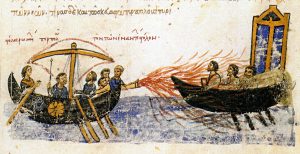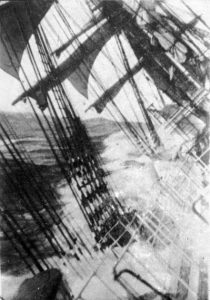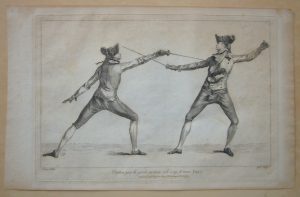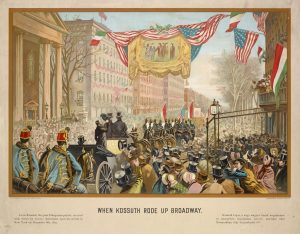
Tactical Advantage and the Power of Gods: Greek Fire and Flamethrowers in the Ancient World
Fighting a battle in an ancient world demanded a special set of skills, not only the early types of technology. Very often, the ancient literature talks about “glorious heroes” who destroyed the enemy on land or on the sea. These ancient wars weren’t only conflicts. They were a sort of communication, psychological fight over who is more superior. So, in the case of Greek Fire and flamethrowers, we can also see hidden propaganda that aimed to weaken the enemy.
Read More
The Dreaded “Land of Storms”: Rounding, Avoiding, and Cutting Out Cape Horn, 1526-1914
Before the completion of the U.S. transcontinental railroad (1869) and Panama Canal (1914) a major impediment to Euro-American exploration and colonization of Pacific lands was sailing around Cape Horn – the furthest-most point on the South American continent. The Spanish were the first to explore the region in 1526. In the late eighteenth century British and New England whalers began documenting extreme conditions while navigating the Drake Passage – the strait separating Antarctica from South America.
Read More
18th Century Sword Fighting: A Few Tips From the Sword Master to his Students
Defense and status. Swordsmanship has been the subject of fascination for a long time in popular culture and history. It was one of the most used side arms during ancient times and became a symbol of status and self-defense in the Middle Ages and during the early modern age. It wasn’t very convenient for an honorable nobleman to carry around a spear or some other battlefield weapon, so the sword was the proper solution to present yourself in front of the world, but also to protect yourself if attacked. The one who carried a sword needed to master the art of fighting. In the 18th century, that art demanded sharp skills and elegant moves.
Read More
Antebellum Icon: Republicanism vs. Monarchy and Kossuth in America, 1851-1852
Although he was thronged by thousands of people in the principal cities of England, a key reason Hungarian nationalist and freedom fighter Lajos (Louis) Kossuth was so popular during his 1851-1852 visit to the United States was the American aversion to monarchy. Kossuth, the figurehead of the 1848 Hungarian Revolution to overthrow the Habsburg Dynasty’s grip on that nation, was welcomed by massive crowds eager to listen to his republican-inspired orations. The New York Times noted in late 1851 that the “reception of the illustrious Kossuth… was such a scene as the world seldom beholds.”
Read More
How Did One Optimistic Report From the Stasi Foreshadow the Collapse of Communism?
During the early 80’s, increased tensions marked the new phase of the Cold War. Besides external, the Eastern Bloc countries faced many internal problems as well. The governments of these countries, especially the USSR, tried to spread optimism. But they didn’t see (or didn’t want to see) that everything would collapse soon. Therefore, it’s interesting to see how the secret reports full of optimism actually revealed the real state of affairs.
Read More